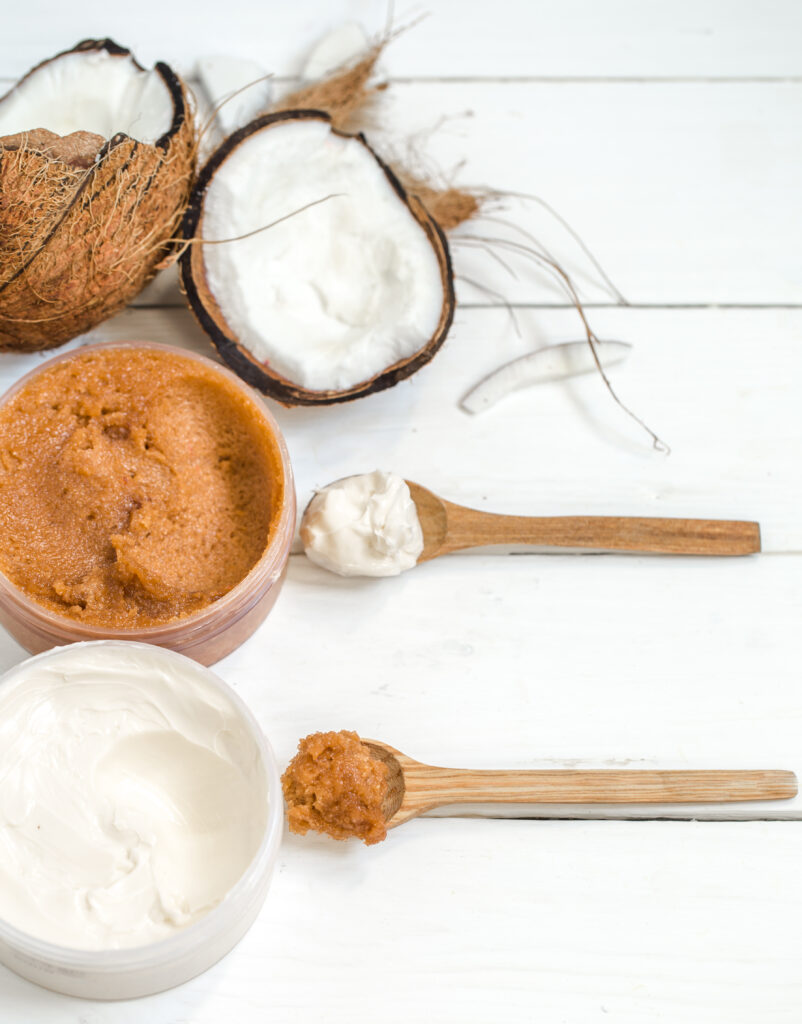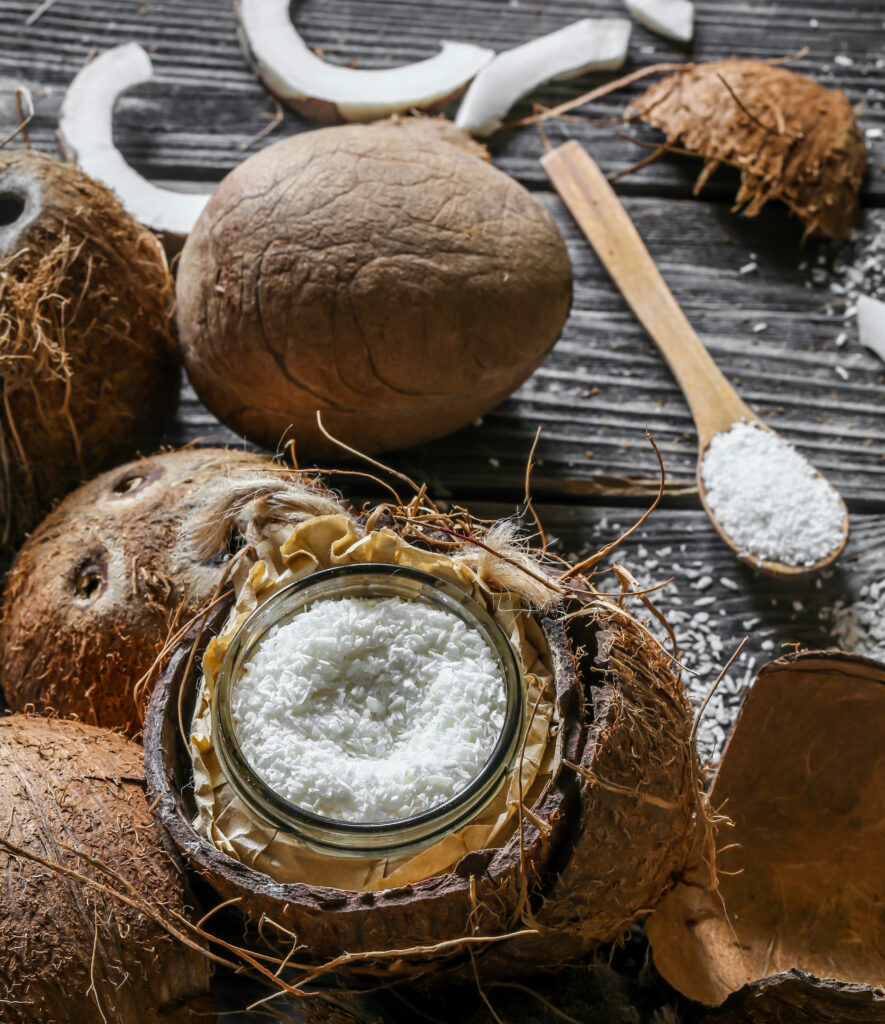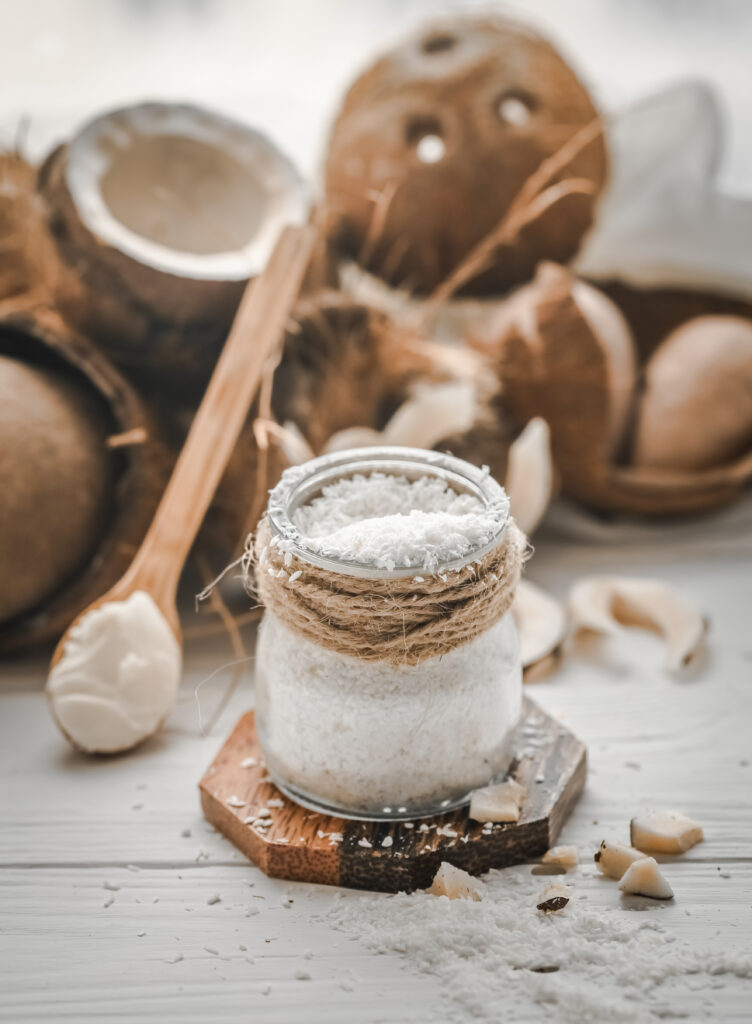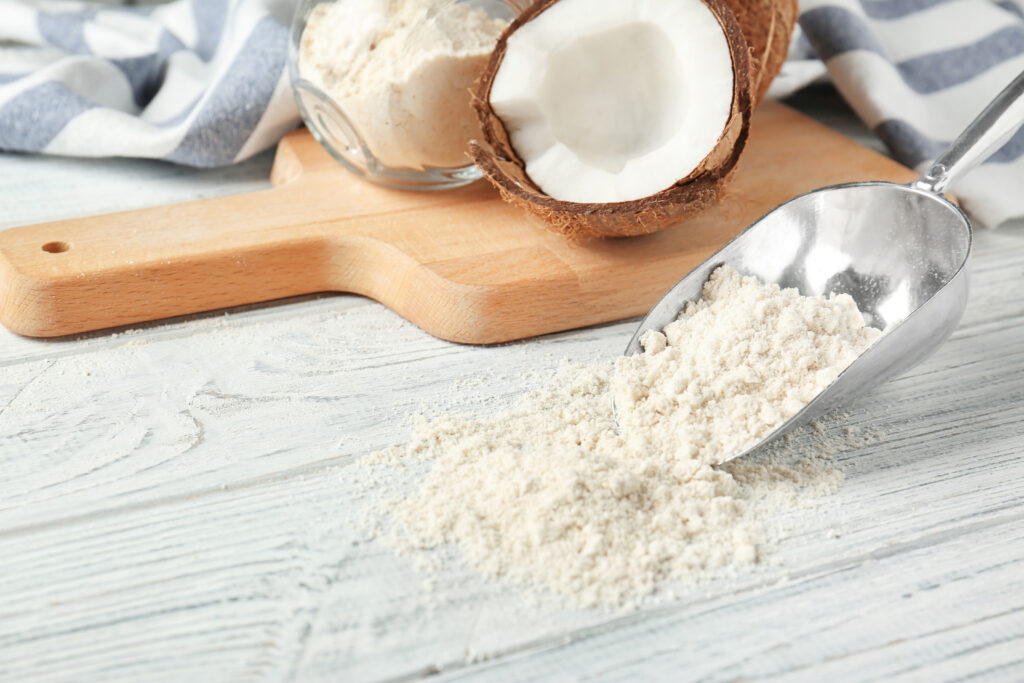Organic Coconut Milk Powder: Benefits, Uses, and What to Look for in High-Quality Products
Found in: Slow Motion (Bone Health)
What Is Organic Coconut Milk Powder?
Organic Coconut Milk Powder is a shelf-stable, dairy-free alternative made by spray-drying coconut milk into a fine powder. It’s a convenient way to enjoy the creamy richness of coconut milk without refrigeration or short shelf life.
This plant-based powder is gaining popularity in health foods, vegan supplements, and functional nutrition products due to its versatility, rich texture, and nutrient profile.
Why Use Coconut Milk Powder in Supplements and Functional Foods?
Organic coconut milk powder is more than a dairy alternative—it offers:
- Healthy fats (medium-chain triglycerides or MCTs) for sustained energy
- Electrolytes like potassium and magnesium for hydration
- Creamy texture for improved palatability of powders and blends
- Lactose-free and vegan-friendly profile for dietary inclusivity
It’s commonly used in:
- Protein shakes and meal replacement powders
- Adaptogenic blends (e.g., turmeric lattes, mushroom drinks)
- Vegan coffee creamers
- Dairy-free desserts and baking



